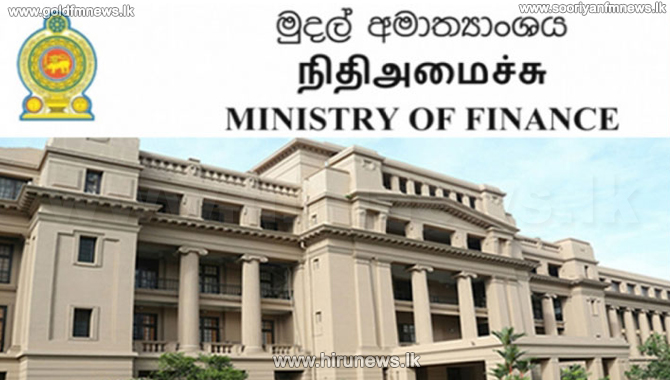The finance ministry’s ban on the import of over 300 items temporarily along with the debt default on the directions of Central Bank Governor Nandalal Weerasinghe is set to boomerang on the government pushing millions of micro businessmen and women as well as small scale industrialists into doldrums.
This will create another wave of people’s uprising with street fights of affected people while the Finance Ministry and Central Bank officials headed by Nandalal Weerasinghe will wait without taking the responsibility putting the blame on the president , several public interest activists said.
The import of over 300 items has been temporarily suspended with effect from Tuesday under the Imports and Exports (Control) Act through a Government notification by the Finance Ministry.
The host of items included in the list range from chocolate and other food preparations containing cocoa, condensed milk, yoghurt, coconuts, coconut based arrack, roses, perfumes, beauty or make-up preparations, deodorants and dental floss, to trunks, suitcases, briefcases, and various clothing items.
Owners of beauty parlours its employees, street sellers and self employed were among the badly hit by this short sighted decision to save few dollars more, they said.
At Pettah, the small- and medium-scale shop owners also raised concerns over the latest ban, saying that the price of bags and shoes would increase to the point where people cannot afford to buy them.
A yard of fabric has increased from Rs. 375 to Rs. 575, while the prices of clothes have increased from Rs. 2,000 to Rs. 5,000. Now, clothes have become a special commodity.
Meanwhile, the owner of a cosmetic shop in Maharagama said that they could provide shampoo and other cosmetics at a normal price since they have already been imported, but that the next shipment would cost double the price.
Meanwhile, the traders of Pamunuwa, Maharagama, also protested against the increase of electricity tariffs by 75%.and the increase in prices of clothing They noted that this decision was made to destroy small-scale industries. If the Government is trying to stop bringing in material, then they should have a plan to produce locally.
This protest is not to change the Government, but to show our struggle. We want to live. More than one million people depend on this business. Is the Government asking us to engage in farming instead?”
At Pamunuwa, 70% of those in stalls are women. They start their business early in the morning at around 4 a.m.he price of skirts has increased from Rs. 550 to Rs. 1,000. We urge the Government to provide us with solutions, they said.
Meanwhile, the country is facing a serious shortage of forex and the government is struggling to even provide for the basic necessities, even after defaulting on the forex debt.
Inflation has risen to over 50%, and is expected to exceed 70% according to the 8th Respondent. The cut-off levels of Treasury bill interest rates have already soared beyond 35% per annum.
The limited progress seems to also indicate that Sri Lanka is slowly but surely being strangled by outside forces on whom the Government is now compelled to rely upon, and needless to say, over a very short period, the economy is likely to shrink further, and the country will be at risk of plunging towards despair and destruction.
It is also now observed that fresh conditions are being proposed by IMF members which may make it even more challenging for Sri Lanka to ever access an IMF Programme and its funds, without first making contentious social and foreign policy changes as well.
